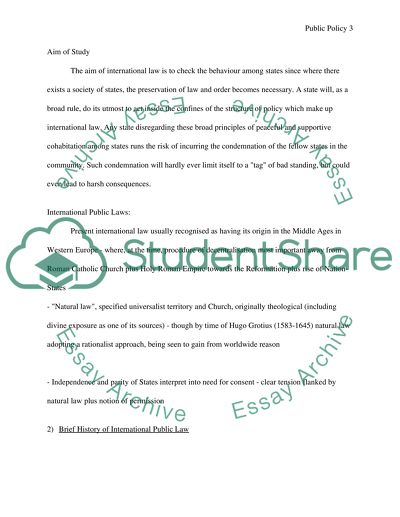Cite this document
(“International Public Law Essay Example | Topics and Well Written Essays - 4000 words”, n.d.)
Retrieved from https://studentshare.org/law/1513470-international-public-law
Retrieved from https://studentshare.org/law/1513470-international-public-law
(International Public Law Essay Example | Topics and Well Written Essays - 4000 Words)
https://studentshare.org/law/1513470-international-public-law.
https://studentshare.org/law/1513470-international-public-law.
“International Public Law Essay Example | Topics and Well Written Essays - 4000 Words”, n.d. https://studentshare.org/law/1513470-international-public-law.


